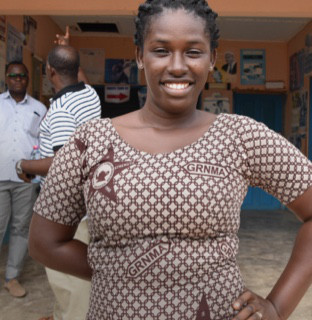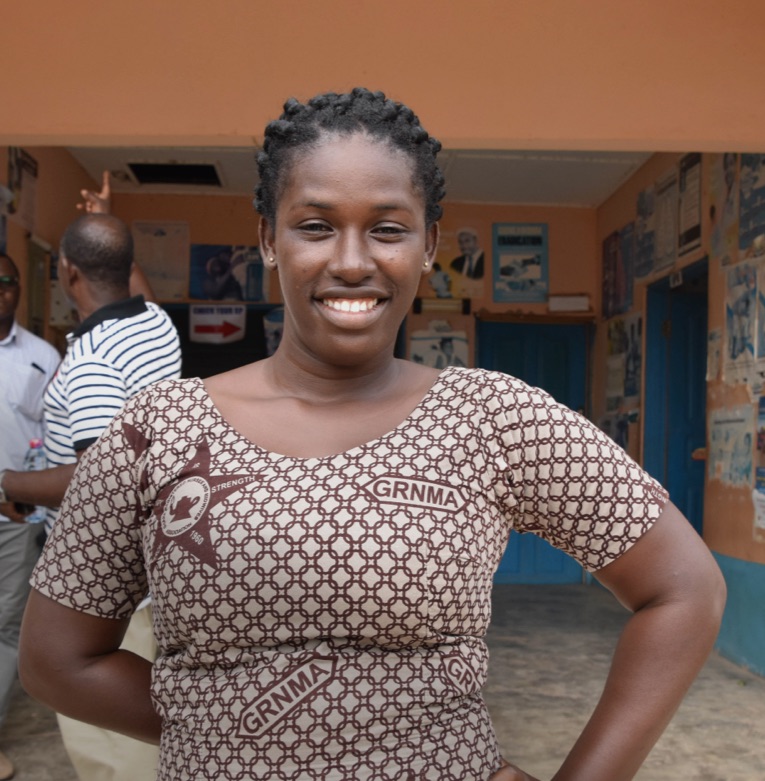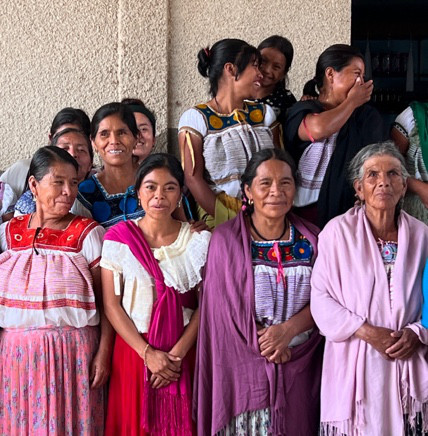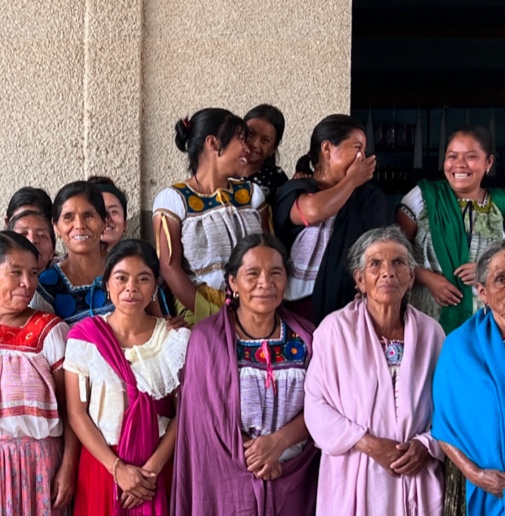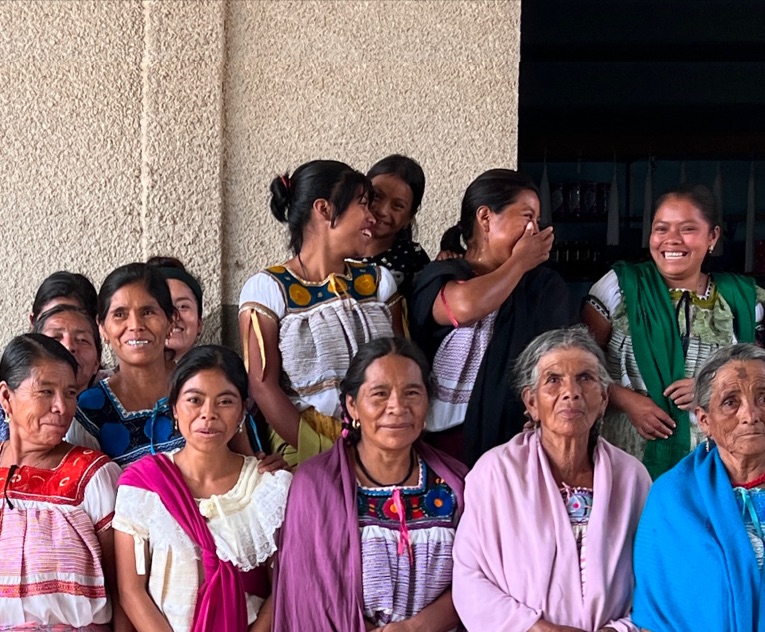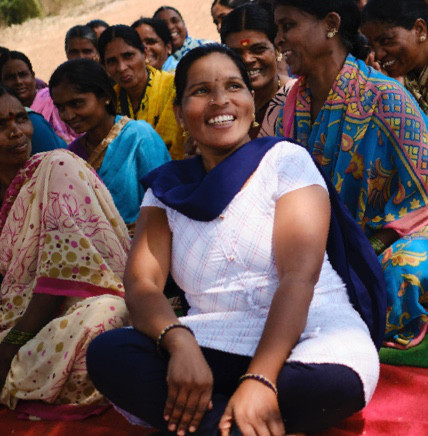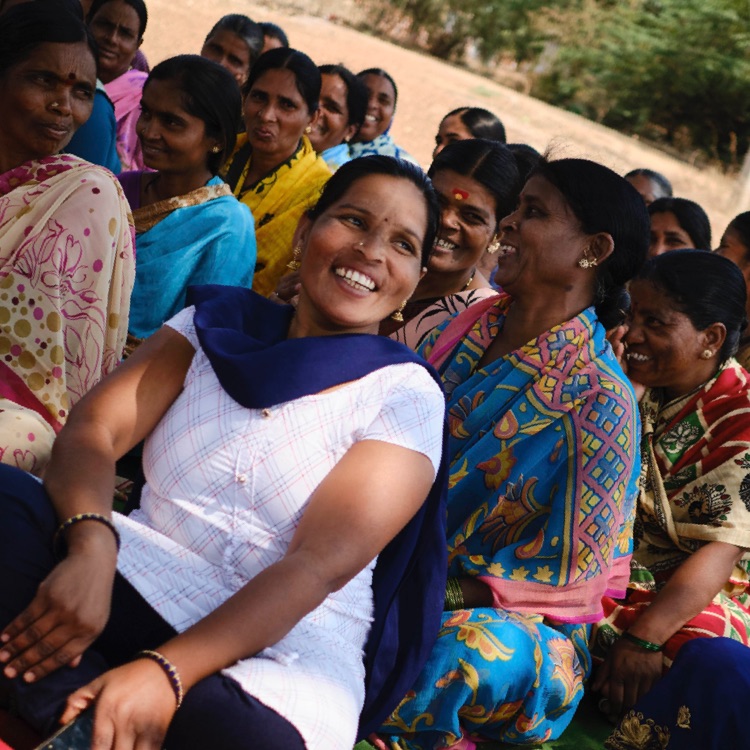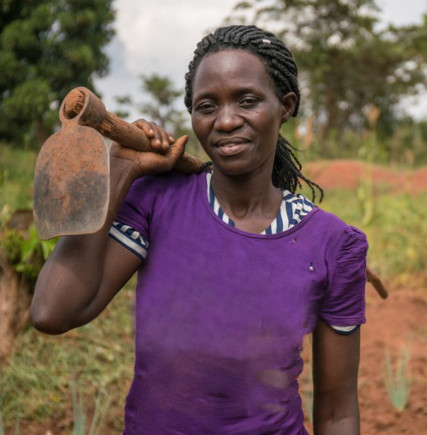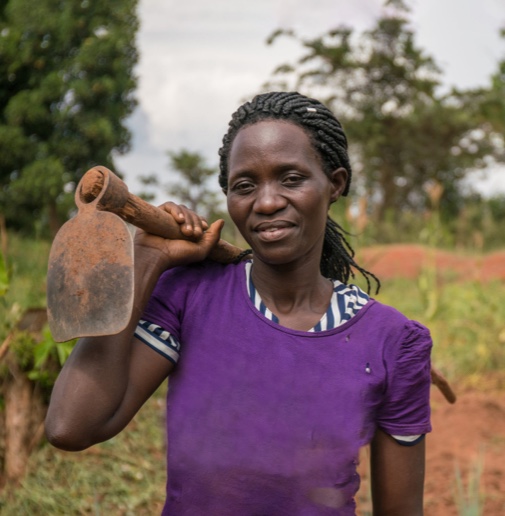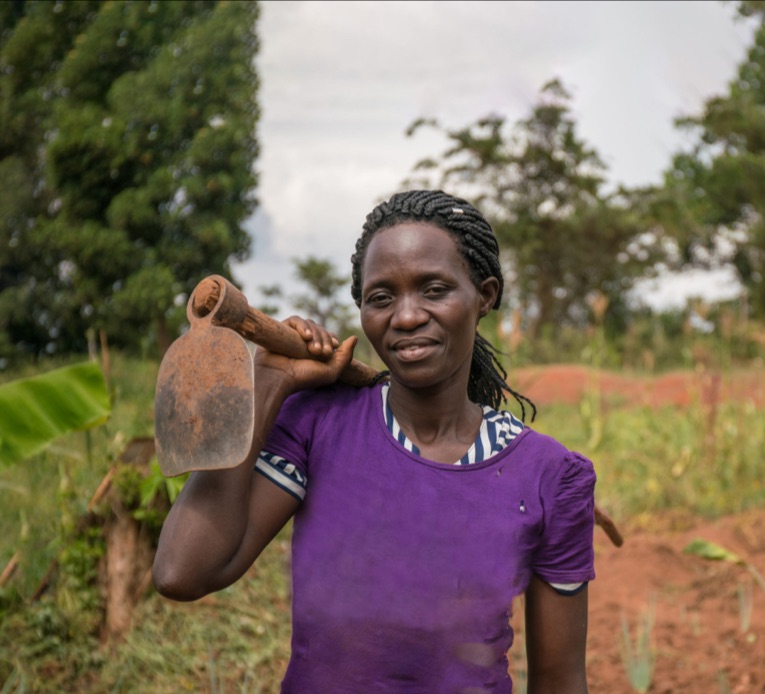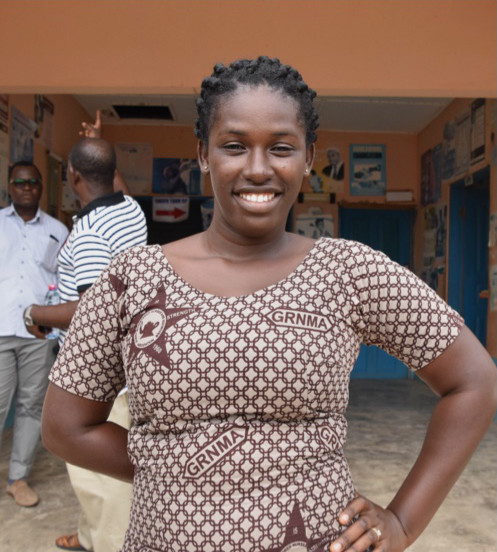We must act globally to end hunger.
Hunger and poverty are not problems of one country or another — they are global issues that affect us all. Systemic issues that cannot be solved by “donors and recipients,” but by rising to the challenge together, working alongside our global neighbors.
To end hunger, we must start with strengthening local food systems. Our community-led, gender-focused development strategies create climate resilience, leverage leadership training to put more women in office, build agricultural education for smallholder farmers, and are expanding upon sustainable ways to increase nutrition and self-reliance.
The result: Biodiversity enhances. Farmers gain increased access to markets. Natural resources are managed better. Strong local food systems means women, consumers and smallholder farmers can continue to build thriving and resilient communities.
The future is calling